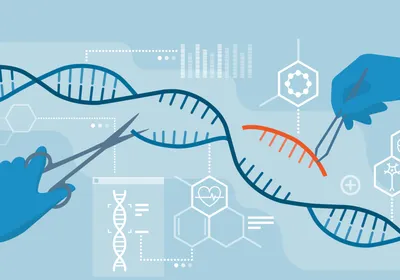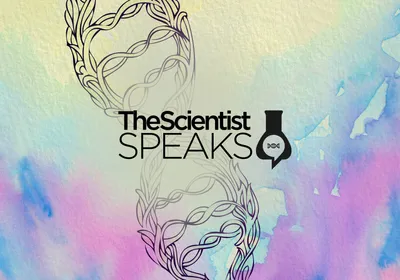 PIXABAY, PAULICEK0
PIXABAY, PAULICEK0
Like humans, some golden retrievers develop Duchenne muscular dystrophy (DMD), a hereditary muscle wasting condition that begins early in life. Using gene therapy, scientists were able to restore muscle function in dogs with the disease, according to a study published today (July 25) in Nature Communications.
Researchers injected microdystrophin, a shortened version of the dystrophin gene that individuals with DMD lack, into 12 dogs with the disease. The treatment led to improved muscle function in those animals for more than two years.
“This preclinical study demonstrates the safety and efficacy of microdystrophin, and makes it possible to consider developing a clinical trial in patients,” study coauthor Caroline Le Guiner of the Université de Nantes in France, says in a statement. “Indeed, this is the first ...





















